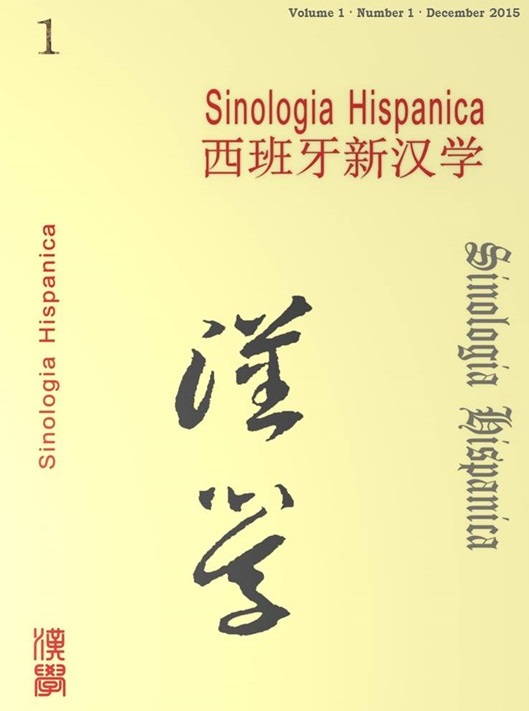全球化背景下藏族农村社区的 语言生活——青海省黄南藏族 自治州力加村语言使用及语言 态度研究 = The Language Life in a Tibetan Village Community with Globalization: Case Study on Language Use and Attitude in Lijia Village, Huangnan, Qinhai
DOI:
https://doi.org/10.18002/sin.v1i1.5186Keywords:
藏族农区;语言生活;语言使用; 语言态度 Tibetan Agriculture Community, Language Vitality, Language Use, Language AttitudeAbstract
采用问卷调查、辅以访谈的方式,调查藏
语安多方言区的一个农业社区(力加村)的语
言生活、语言活力、语言使用和语言态度。结
果显示,当地藏语文活力旺盛,藏语是当地各
种场合的主要交际用语。被调查对象中近一半
人是藏汉双语人,他们大多年龄较小或受过教
育。被调查对象的语言文字态度具有较强的包
容性,对藏汉语文都持积极态度。所有被调查
对象都希望后代接受藏语教育,近一半被调查
对象希望后代在接受藏语教育的同时接受汉语 和(或)英语教育。被调查对象对藏语具有很
强的民族情感。他们承认藏语文在当地活力旺
盛,但仍旧担心“政府制定的语言文字政策执
行不到位”会影响当地的藏语文发展。
In order to study language vitality, language
use and language attitude in a Tibetan
agriculture community (Lijia Village) in Amdo
dialect region, the research methods
Questionnaire and Interview are used to collect
data. The research finds that the Tibetan
Language which is the main communication
language in local area is full of vitalities. All
subjects hope their children access Tibetan
education. At the same time, half of the
subjects hope their children access Chinese or
(and) English education and become bilingualism. The research also finds that half of
the subjects are Chinese-Tibetan bilingualism,
who are young and (or) educated; and most of
the subjects hold the positive attitudes towards
both Chinese and Tibetan
Downloads
Métricas alternativas
Downloads
Published
How to Cite
Issue
Section
License
Copyright (c) 2017 Yao Chunlin

This work is licensed under a Creative Commons Attribution-NonCommercial-ShareAlike 4.0 International License.
Sinología Hispánica. China Studies Review considers all manuscripts on the strict condition that:
- The authors assign the exploitation rights (reproduction, distribution, public communication and transformation) of the work accepted for publication to the University of León on a non-exclusive basis. Authors can establish, on their own, additional agreements for the non-exclusive distribution of the version of the work published in the journal (for example, placing it in an institutional repository or publishing it in a book), always acknowledging the initial publication. in this magazine.
- The manuscript is your own original work and does not duplicate any other previously published work, including your own previously published work.
- The manuscript is not currently under consideration or peer review, nor accepted for publication, nor in press, nor published elsewhere.
- The manuscript contains nothing that is abusive, defamatory, libellous, obscene, fraudulent, or illegal.
- Please note that Sinologia Hispanica uses Turnitin software to screen manuscripts for unoriginal material. By submitting your manuscript to Sinologia Hispanica you are agreeing to any necessary originality checks your manuscript may have to undergo during the peer-review and production processes. Any author who fails to adhere to the above conditions will be rejected.
- Authors are allowed and encouraged to electronically disseminate the pre-printed versions (version before being evaluated) and / or post-printing (version evaluated and accepted for publication) of their works before publication, since it favors their circulation and dissemination more early and with it, a possible increase in its citation and reach among the academic community.
Sinologia Hispanica is under an international license Creative Commons Attribution-Noncommercial-Share Alike 4.0. You can read more about this license in an informative version and legal text.










